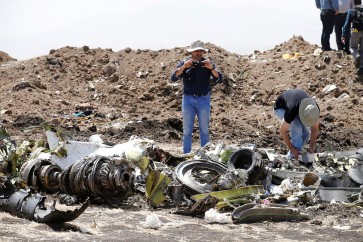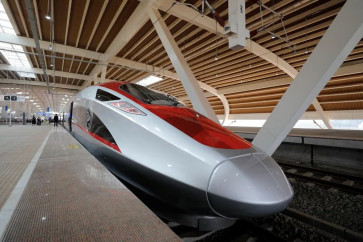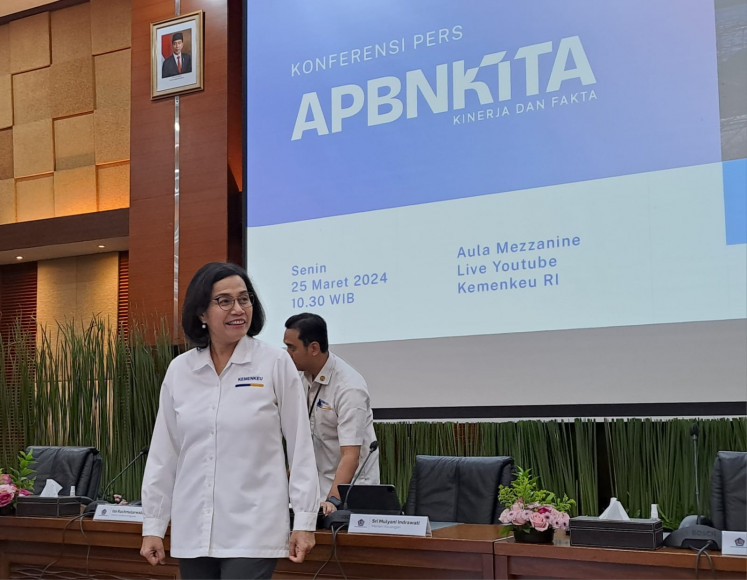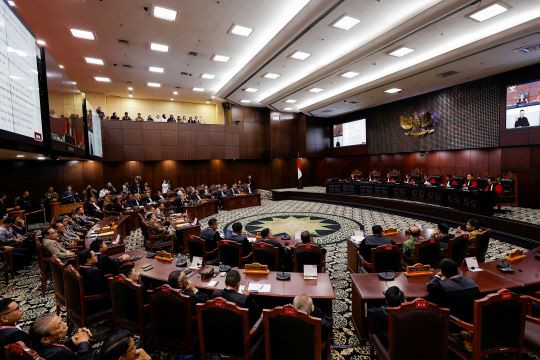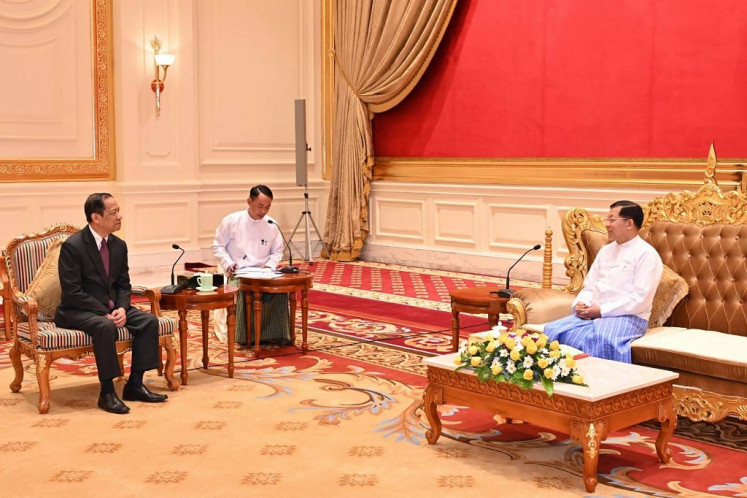Indonesian Muslims celebrate Idul Adha amid coronavirus pandemic
Change Size
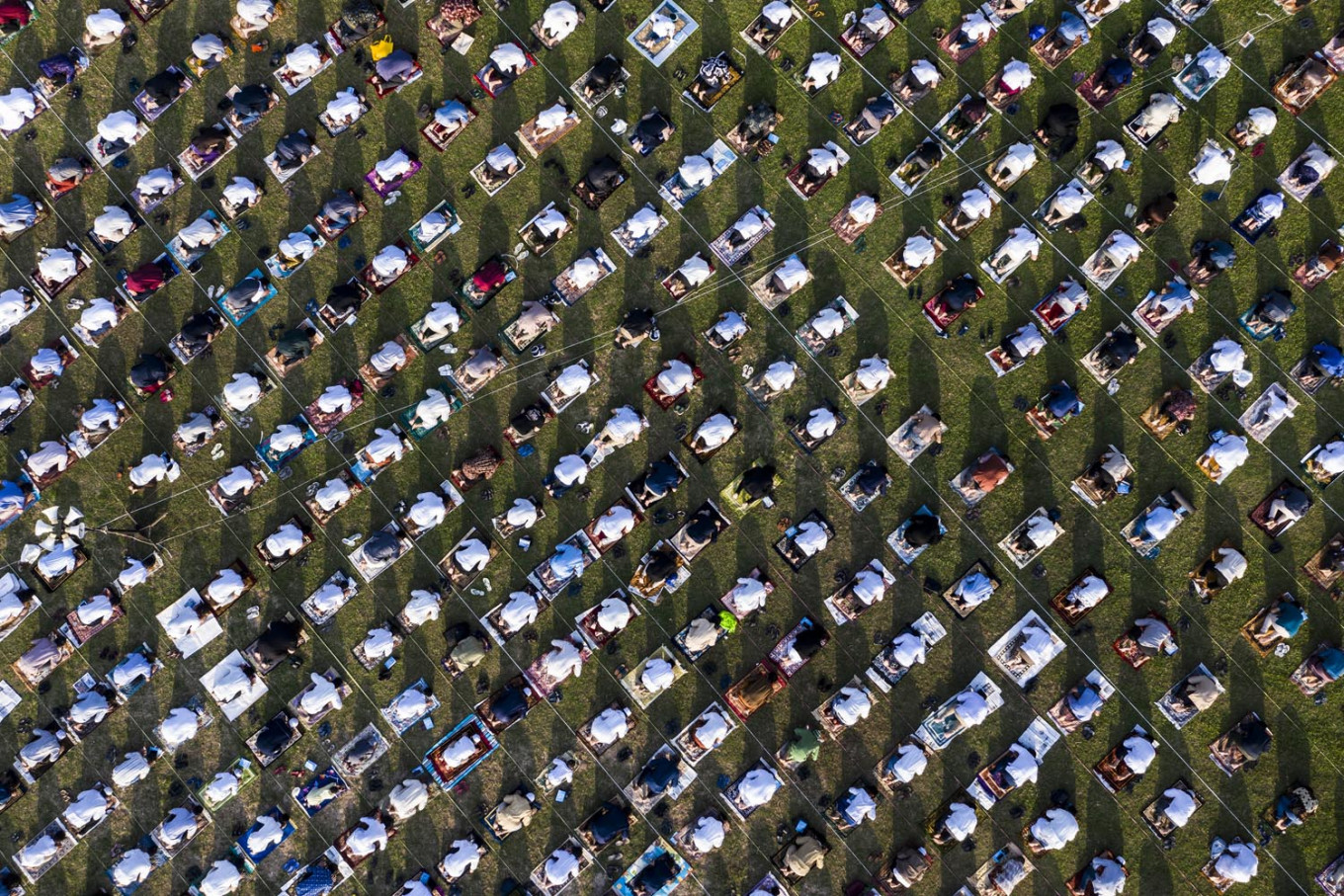 Muslims attend Idul Adha mass prayer in Al Azhar Mosque in Jakarta on Friday, July 31. (Antara/Muhammad Adimaja)
Muslims attend Idul Adha mass prayer in Al Azhar Mosque in Jakarta on Friday, July 31. (Antara/Muhammad Adimaja)
M
illions of Muslims in Indonesia observed this year's Idul Adha (Day of Sacrifice) under the shadow of the COVID-19 pandemic and health protocols that limited the scale of festivities, but those taking part in the celebration say they can still find solace in the holiday, both with and without their family.
Private sector employee Nadia Khairani, who works in the capital city, decided to travel to Bandung, West Java, to gather with her family to celebrate the Muslim holiday, which fell on a Friday this year.
It was the first time she had returned to her hometown since the coronavirus was first detected in the country in March, as the government and the Jakarta administration had lifted the travel ban that was previously in place during the Idul Fitri holiday in May.
She left with her husband on Thursday night in a private car and got stuck in a three-hour gridlock on the Jakarta-Cikampek elevated toll road, as many vehicles flocked to the toll road during what authorities said was the peak of the holiday's exodus.
Despite the heavy traffic, the 27-year-old said she enjoyed the small gathering she had with her family. "I did not attend Idul Adha prayer in the morning. I ate lontong [rice cake] at my mom's house and went to my in-law's house to eat lamb satay; it's just as usual."
Similar to Nadia, 25-year-old Dyah Rahmatika also decided to travel home to Yogyakarta from South Tangerang since she did not want to celebrate the Idul Adha holiday alone.
“I couldn’t make it home during Idul Fitri because of the mudik [exodus] ban. Now that flights have resumed and I can’t stand the lonely feeling anymore, I decided to go home,” the private sector employee said on Friday.
Read also: Economic potential of Idul Adha dampened this year due to COVID-19: Minister
Dyah, too, did not attend the Idul Adha mass prayer as her neighborhood was among the COVID-19 "red zones", or areas with high risk of transmission, and she was still in self-isolation after traveling as a precautionary measure.
The Religious Affairs Ministry, the Indonesian Ulema Council (MUI) and major Muslim groups have advised people living in areas at high risk of COVID-19 transmission to perform Idul Adha prayers at home, while those in safer areas were asked to comply with strict health protocols if they wanted to join mass prayers in mosques.
In Jakarta, the city administration banned mosques located in 33 community units (RWs) categorized as red zones from performing Idul Adha mass prayers.
At least 108,376 people have tested positive for COVID-19 in Indonesia, with 5,131 dead, as of Friday.
Some mosques outside the red zones, such as the Al Azhar Mosque in South Jakarta and Sunda Kelapa Great Mosque in Central Jakarta, hosted mass prayers while implementing strict health protocols -- requiring worshipers to wear masks, have their body temperature checked and maintain physical distance -- as they cut the number of attendants to half of their capacity.
In Yogyakarta too, the Kauman Great Mosque, for instance, held an Idul Adha mass prayer for local residents at 60 percent of its capacity, reducing it from 1,500 to 950 people, so that worshipers could keep a distance of 1.5 meters between each other, kompas.com reported.
The MUI also recommended that residents who wished to perform qurban (animal sacrifice) for Idul Adha go to an abattoir in order to prevent crowds during the ritual, and that they have a professional carry out the qurban.
Some mosques, including Sunda Kelapa Mosque, decided not to hold the sacrifice ritual in order to avoid a gathering of people in the area.
Read also: No ‘mudik’ ban for Idul Adha, Transportation Minister says
However, some mosques reportedly did not strictly adhere to the physical distancing protocol. Civil servant Herning Meiana, who lives in Kebayoran Baru district in South Jakarta, said she canceled her plan to attend the nearby Idul Adha mass prayer since the mosque in her neighborhood did not enforce the policy.
“This year’s Idul Adha is different because I am not celebrating it with my family due to the pandemic. Normally I return to my hometown in Surakarta, Central Java, but amid this COVID-19 situation, I prefer not to,” the 24-year-old woman said.
However, Herning said she was not as sad as when celebrating the Idul Fitri holiday.
“I think this time, I have accepted the situation. Besides, I’m happy because the Idul Adha holiday gives me time to relax. Since I have been working from home, oftentimes I still have jobs to do on the weekend,” she told the Post.
President Joko “Jokowi” Widodo also attended an Idul Adha prayer with only his family and a few aides while abiding by the health protocols in front of his official residence in the Bayurini Pavilion of Bogor Palace in West Java.
“Idul Adha 2020 comes as we are enduring a global pandemic," Jokowi tweeted on Friday, "We make sacrifices by reducing travel and physical encounters while at the same time, we are required to take care of each other and get closer to our families."
"Hopefully, this pandemic shall pass soon."

